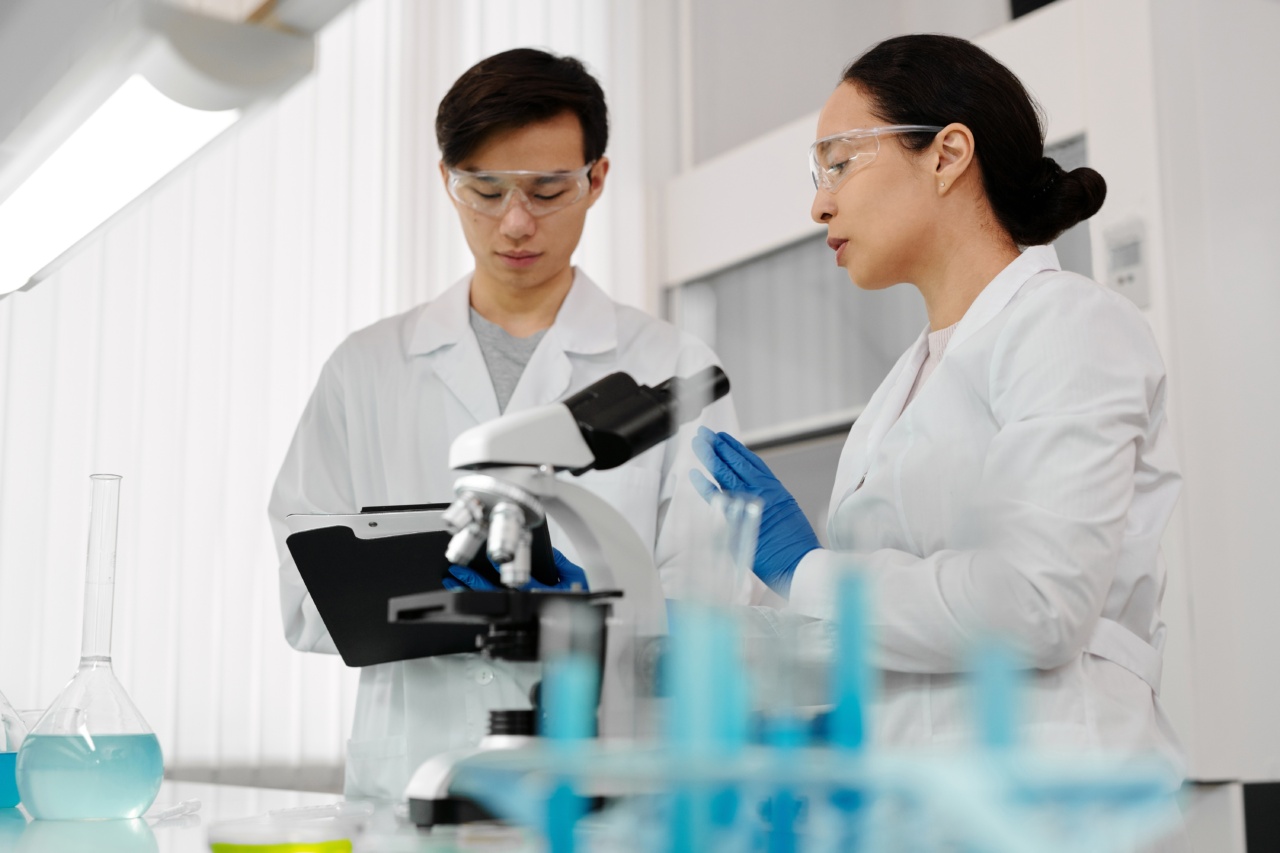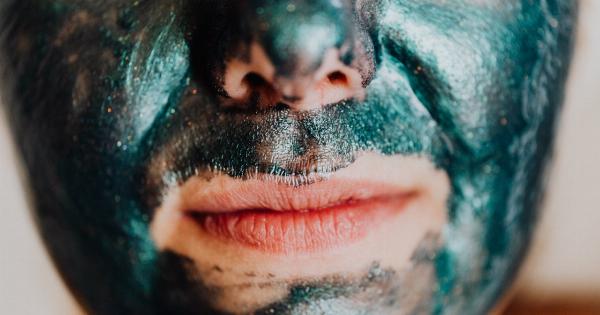For decades, scientists have been pushing the limits of understanding the aging process. Aging is a natural phenomenon that affects everyone, but humans have always looked for ways to slow down or reverse its effects.
As we age, the skin loses its elasticity and wrinkles form. It happens because the skin produces less collagen and elastin, which are the proteins responsible for maintaining the skin’s structure. There are also other factors that contribute to aging such as sun damage, pollution, smoking, and poor diet.
Moisturizers That Repair Skin’s Barrier
As we age, our skin tends to lose its moisture, which causes it to become dry and flaky. However, scientists have found a way to tackle this issue by developing moisturizers that repair the skin’s barrier.
The skin’s barrier is made up of lipids that keep the skin hydrated and protected from environmental stressors. When the skin loses these lipids, it becomes vulnerable to damage, and wrinkles start to form. Moisturizers that repair the skin’s barrier contain ingredients such as ceramides, fatty acids, and cholesterol.
These ingredients help to replenish the skin’s lipids and keep it supple and hydrated.
The Latest Laser Technology
Laser technology has come a long way in the past few years, and scientists have been working to develop lasers that can treat aging skin.
The latest laser technology is called fractional laser resurfacing, which is a non-invasive treatment that stimulates collagen production and reduces wrinkles. This technology works by creating microscopic injuries in the skin’s surface, which triggers the body’s natural healing response.
In response, the body produces new collagen, which helps to improve the skin’s texture and reduce the appearance of wrinkles.
Supplements That Promote Youthful Skin
Research on supplements that promote youthful skin has been growing in popularity in recent years. Antioxidants such as vitamin C and E are known to protect the skin from free radical damage, which can cause wrinkles.
Collagen supplements have also gained popularity, and studies have shown that they can improve skin elasticity and hydration. Other supplements such as hyaluronic acid and Coenzyme Q10 have shown promising results in reducing the appearance of wrinkles and fine lines.
New Ingredients That Target Wrinkles
Scientists have discovered new ingredients that can target wrinkles on a cellular level. One such ingredient is retinoids, which are derived from vitamin A.
Retinoids work by stimulating collagen production and increasing the cell turnover rate, which helps to reduce the appearance of wrinkles. Another ingredient that has shown promising results is peptides. Peptides are small chains of amino acids that can penetrate the skin’s surface and stimulate collagen production.
Sunscreen in Skin Care Routines
Doctors have always emphasized the importance of wearing sunscreen to protect the skin from harmful UV rays. However, the importance of sunscreen has been reiterated in recent years, as research has shown that it can help to prevent the signs of aging.
In addition to protecting the skin from sun damage, sunscreen can also help to reduce the appearance of wrinkles and fine lines. It is recommended to use a broad-spectrum sunscreen with an SPF of 30 or higher as part of your daily skin care routine.
Skin Care Devices for Younger-Looking Skin
Advancements in technology have led to the development of skin care devices that can help to improve the appearance of aging skin.
One such device is the LED light therapy mask, which emits different colored lights that penetrate the skin to stimulate collagen production and reduce inflammation. Another popular device is the micro-needling roller, which creates tiny punctures in the skin to induce collagen production and increase the absorption of skin care products.
The Benefits of Facial Massage
Facial massage has been used for centuries to promote healthy, glowing skin. In recent years, scientists have been studying the benefits of facial massage on aging skin.
Facial massage stimulates blood flow to the skin, which can help to bring nutrients to the surface. It also increases lymphatic drainage, which helps to reduce puffiness and inflammation. Facial massage can also help to stimulate collagen production, which can improve the skin’s texture and reduce the appearance of wrinkles.
Retinol-Infused Cleansers
Retinol is a powerful anti-aging ingredient that has been used in skin care products for years. However, scientists have now developed a new way to incorporate retinol into skin care routines by creating retinol-infused cleansers.
These cleansers work by gently exfoliating the skin while delivering retinol to the surface. This allows the retinol to penetrate more deeply into the skin, where it can stimulate collagen production and reduce the appearance of wrinkles.
The Power of Vitamin C
Vitamin C is a powerful antioxidant that has been shown to protect the skin from free radical damage. However, scientists have also found that vitamin C can help to reduce the appearance of wrinkles and fine lines.
Vitamin C works by stimulating collagen production, which helps to improve the skin’s texture and elasticity. It also has brightening properties, which can help to reduce the appearance of dark spots and uneven skin tone.
Conclusion
Scientists have made significant advancements in understanding the aging process and finding ways to slow down its effects. From the latest laser technology to retinol-infused cleansers, there are a variety of anti-aging options available.
However, it’s essential to remember that aging is a natural process, and while we can slow it down, we can’t stop it. Therefore, the most effective anti-aging strategy is to take care of your skin by wearing sunscreen, eating a healthy diet, drinking plenty of water, and using skin care products that promote healthy skin.































